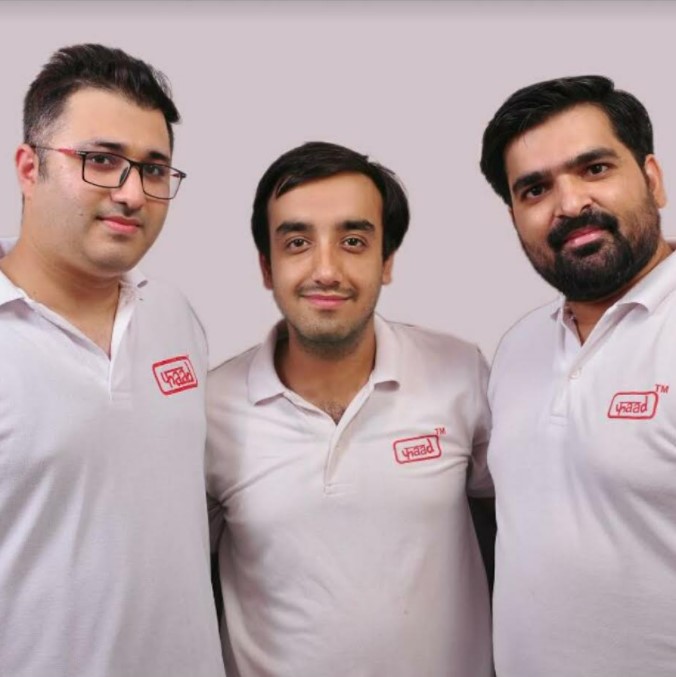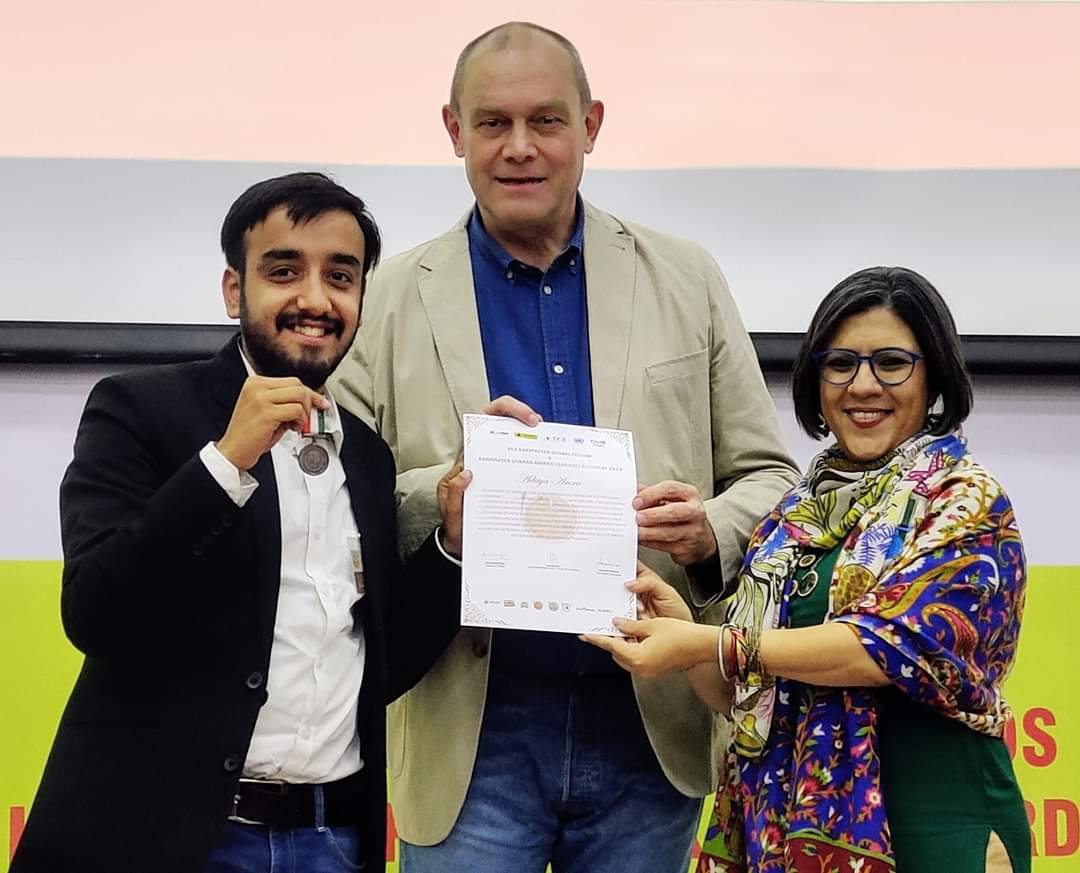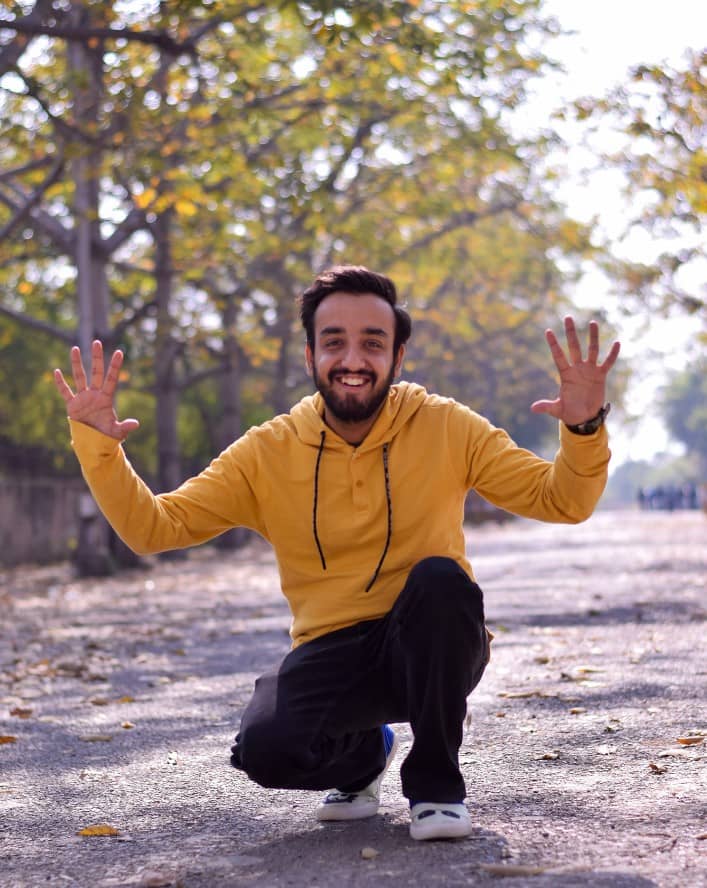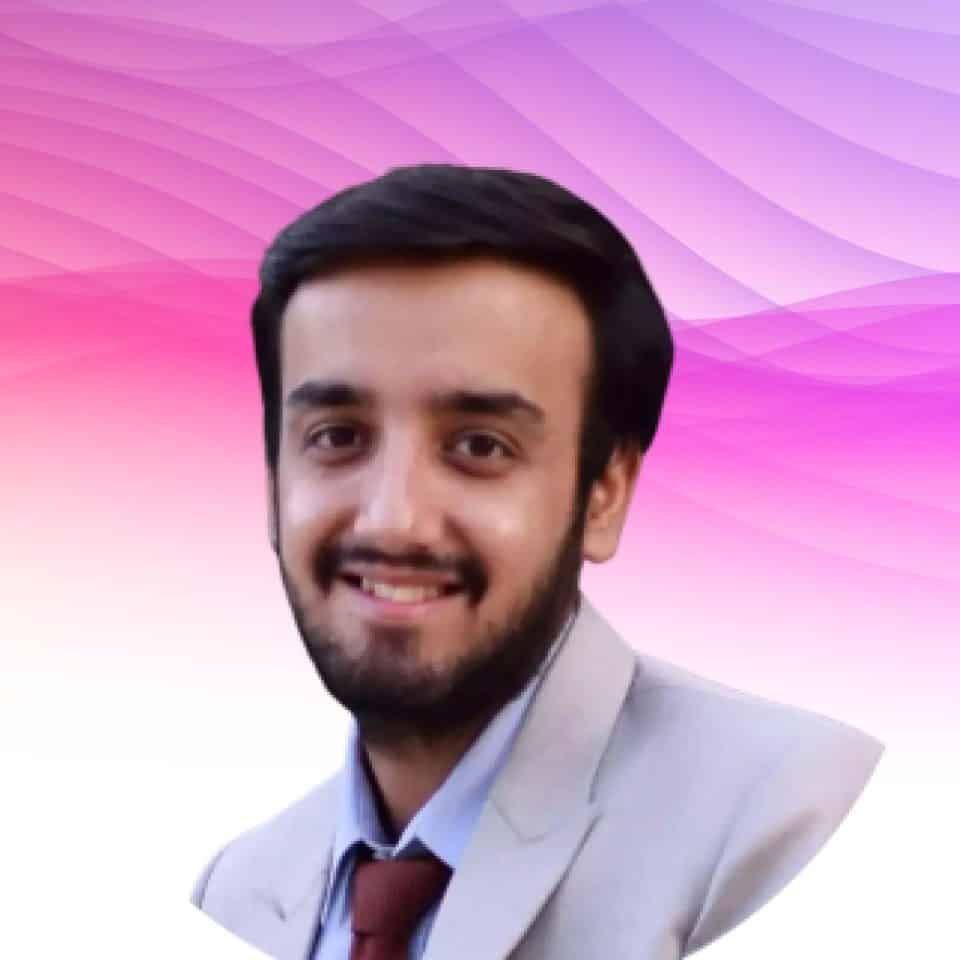CATEGORIES
Entrepreneurship | People We Admire | Women EmpowermentOverview
- Just like any other career path, entrepreneurship has its own set of myths and prejudices.
- Community building is very important, but it also takes a lot of hard work and persistence.
- There is a lot that is fundamentally wrong with the education system.
- We may call ourselves liberated, but at the end of the day we are still in the shackles of our divisions/grades.
- Entrepreneurship requires patience.
- If you achieve success at a very young age, you want more of it.
Aditya Arora, an Angel Investor, a Public Speaker, and the Youngest Padma Shri Nominee shares his journey towards youth leadership.
“Ever since childhood, I had a drive to stand apart from others.”
I always wanted to be an entrepreneur. Studying finance and investment in college further fuelled this passion. I started interning with Faad during my college days. My role included documenting people’s experiences and writing blogs about them. I was interacting with a lot of people and I wrote almost 128 stories in about a year’s time. I led large teams of people as well. Slowly and steadily, I grew along with Faad.
The turnaround for me came when I set up a speed dating event on Valentine’s Day for co-founders, startups, and investors. It was a great event for people who were looking to join us as co-founders or investors of startups. Following that, I conducted more events, documented more stories, and led more teams. I slowly became more confident in myself and so did my partners. By the time I graduated, I was offered the role of CEO of Faad Network.

I wanted to educate students about entrepreneurship. Just like any other career path, entrepreneurship has its own set of myths and prejudices. I wanted to challenge those prejudices, so I started a pilot project with the Delhi government, wherein we taught entrepreneurship to school students from classes sixth to twelfth. We shared failure stories with the students, which had a huge role in creating an impact, since students realised that everyone faces failures in life. These stories resulted in an 85% improvement in the students’ academic performance. This initiative grew into something much bigger and more meaningful, and is now included in the curriculum of over 8.5 lakh students. I was rewarded with several prestigious nominations including a Padma Shri following this initiative.
For Education Yatra, I started by building trust with the kids. I wanted to become their friend as opposed to their educator. The NGOs that I partnered with played a massive role in ensuring that things went well from our end. Community building is very important, but it also takes a lot of hard work and persistence. It took me a year and a half to do it, but the output and the smiles that you get to witness is truly rewarding.

“When you educate a child, you educate the whole family.”
There is a lot that is fundamentally wrong with the education system. Your divisions define the curriculum that you are going to study. We may call ourselves liberated, but at the end of the day we are still in the shackles of our divisions/grades. What if a second-grade student wants to learn something that is being taught to a student of the eighth grade, or vice versa? Your intellectual capability cannot be limited to what you write on a sheet of paper. With this purpose, Education Yatra came into existence. We wanted to let students know that trigonometry might not help you in life right now, but learning interpersonal skills can help you understand the education system better.
Entrepreneurship requires patience. You have to put in your best every day and wait for the results to come naturally. Don’t back down from failures. When something does not work, reflect on what is not working, why it is not working, and then finally, make the required changes. It is also important to invest in people and cherish people. Have people around you who also invest in your growth. Invest in healthy relationships.

I derive my happiness from multiple sources such as meditation, music, books, talking to loved ones, and serving society in the ways that I can. My biggest source of inspiration is the thought that I need to be a better version of myself every day. That is something that pushes me and drives me to do better every day. It may sound cliché, but it has been working well for me.
If I could go back in time, I would probably handle a few situations better. I would take a rest once in a while and focus more on my mental health. If you achieve success at a very young age, you want more of it. I was in a competition with myself every day and tried to outdo myself in every way possible. I believe that was also the result of high expectations that people had of me. I was constantly trying to live up to those added expectations. That obviously affected my mental peace. But now, I have realised that it is completely okay to slow down and take a rest. I have become conscious of it, and I am trying my best every day to relax and celebrate little things in life.
Conclusion
Aditya’s journey was always one of striving: If I could go back in time, I would probably handle a few situations better. I would take a rest once in a while and focus more on my mental health. If you achieve success at a very young age, you want more of it. I was in a competition with myself every day and tried to outdo myself in every way possible. I believe that was also the result of high expectations that people had of me. I was constantly trying to live up to those added expectations. That obviously affected my mental peace. But now, I have realised that it is completely okay to slow down and take a rest. I have become conscious of it, and I am trying my best every day to relax and celebrate little things in life.


